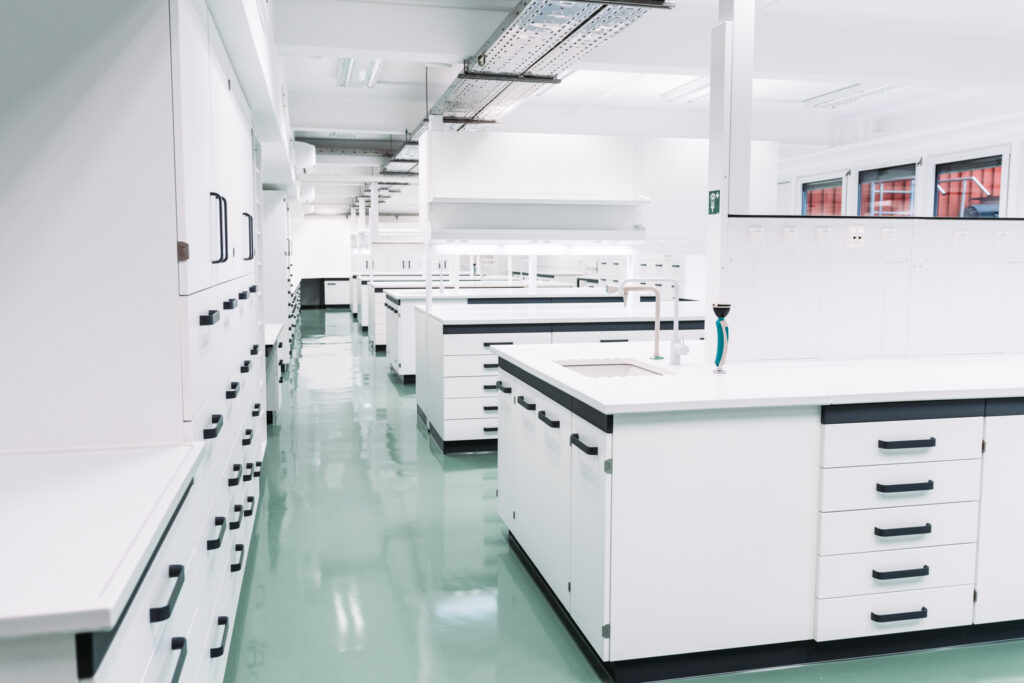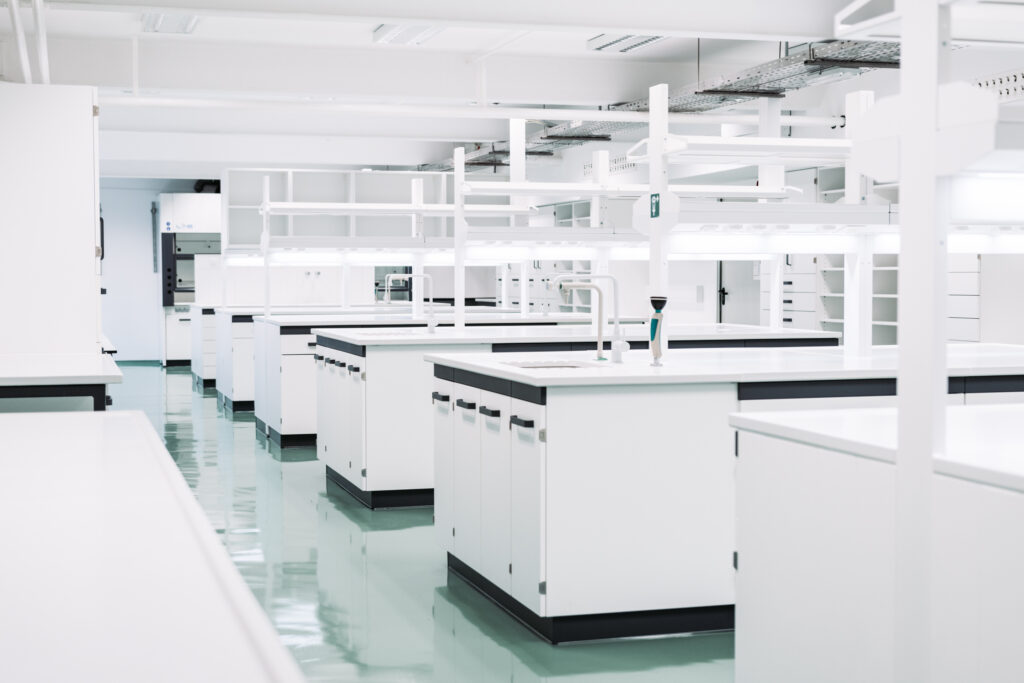
Laboratory furniture plays a crucial role in creating an efficient, safe, and ergonomic working environment for scientific research, testing, and analysis. Whether it is an industrial, academic, or clinical laboratory, the right furniture enhances productivity, ensures compliance with safety standards, and supports the overall functionality of the space.




Key Features of Laboratory Furniture: